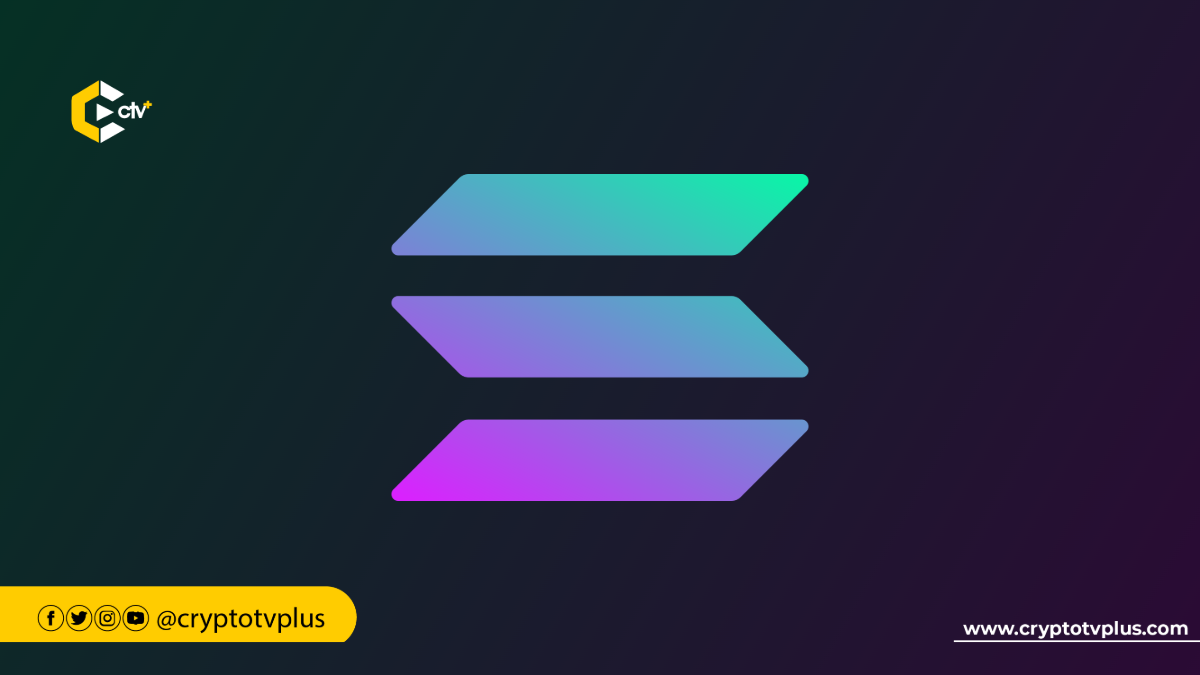News
Edward Snowden warns of centralization dangers in Solana
Snowden argued that centralization paves the way for governments or bad actors to seize control of the platform. This setup, he warned, threatens the very essence of blockchain’s decentralization. As Solana’s popularity surges, the risk of state dominance looms larger.

Edward Snowden recently gained attention at the Token2049, where he criticized the Solana blockchain for being too centralized. Speaking through a video link, Snowden raised concerns that Solana’s focus on speed and efficiency comes at the cost of decentralization, which he sees as essential for keeping blockchain technology trustworthy.
One of the key innovations that has made Solana efficient is its use of Proof of History (PoH), which creates a verifiable historical record of events on the blockchain. This mechanism allows transactions to be timestamped and ordered without relying on local clocks, enabling faster transaction processing.
Additionally, PoH facilitates parallel transaction processing, meaning multiple transactions can be processed simultaneously rather than sequentially, significantly increasing throughput and reducing latency.
Solana also employs optimized network protocols like the Turbine Protocol, which enhances block propagation across the network by allowing data to be transmitted in smaller packets.
This reduces latency and improves overall performance. Furthermore, the Sealevel Runtime enables the simultaneous execution of multiple smart contracts, further enhancing processing capacity and efficiency.
Centralized chain with faster TPS and low-cost structure
Snowden described Solana as a “centralized chain” mainly used for “meme coins and scams.” He argued that this centralization makes controlling the platform easier for governments or bad actors. He pointed out that while Solana offers fast transactions and low costs, these benefits come with risks.
He warned that this setup could allow for government control in the future, which would go against the core idea of decentralization in blockchain technology. If Solana becomes more popular, state control could be made easier.
Snowden’s comments have sparked debate with some supporters of Solana disagreeing with him, saying there’s no clear evidence of these risks. Vic Latanja, an X user said that “Edward Snowden calling Solana “Centralized” is a BAD THING.”
“I don’t like Solana, and I have a huge respect for Snowden,” another X user said. “Yet, this speech is highly misleading and does more harm than good to our industry.”
Others, however, agree that his concerns about centralization are valid. DBCrypto mentioned that Solana is using hardware to improve its system, which some people think could lead to centralization, meaning fewer people or companies may control it.
Also, 73% of Solana’s nodes (computers that support its network) have to follow KYC (Know Your Customer) rules because they are funded by the Solana Foundation. This means they must verify users’ identities, which could also limit decentralization.
In comparing Solana to Bitcoin, Snowden said Bitcoin is stronger against government interference because it is decentralized. He sees Bitcoin as a defense against digital control and believes it highlights the importance of keeping blockchain networks decentralized.
Snowden’s remarks have sparked renewed discussions about the trade-offs between performance and blockchain decentralization, showing ongoing crypto community divisions over these key issues.
Solana recently unveiled GameShift, a cutting-edge service aimed at enhancing the world of Web3 gaming. Unveiled at Breakpoint 2024, GameShift equips game developers with the necessary tools to seamlessly integrate blockchain elements, like non-fungible tokens (NFTs) and other digital assets, into their existing games.
In a separate development, Solana Mobile has also announced its next-gen smartphone, the Solana Seeker, slated for a mid-2025 debut. As the follow-up to the Solana Saga, the Seeker is already making waves with over 140,000 preorders across 57 countries.













Pingback: Ethereum’s ICO was a big success; experts say they should return - CryptoTvplus - Business Mayor